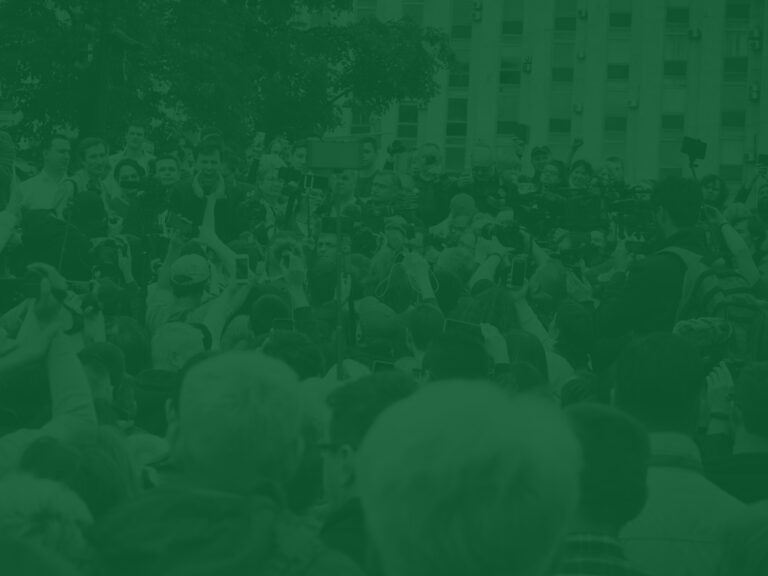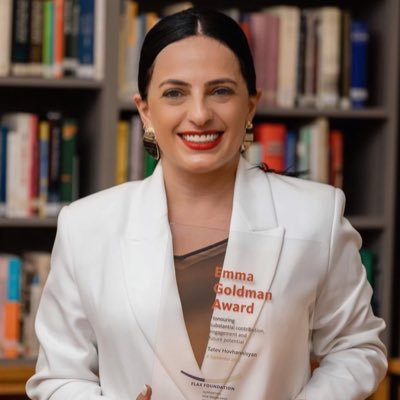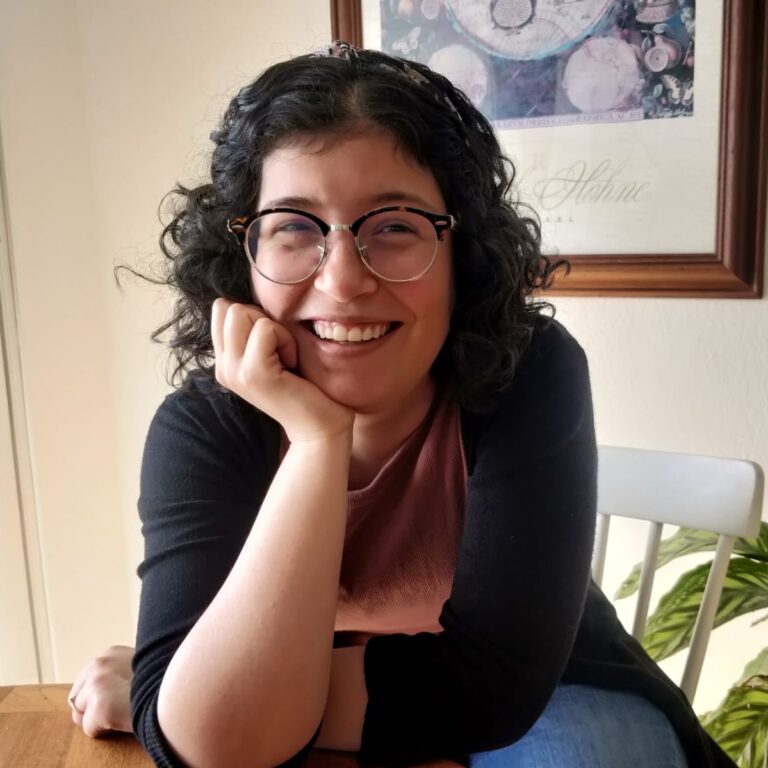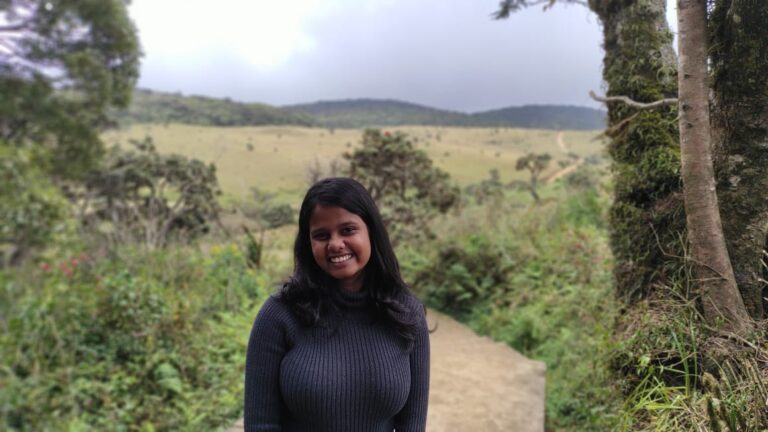This comprehensive online course allows young adults with no prior experience in journalism to prepare their first articles for Harbingers’ Magazine.
The Essential Journalism course is the cornerstone of our mission. It allows teenagers joining the Harbingers’ Magazine project to practice three key journalistic forms, from pitching, through, researching, writing and editing in collaboration with the magazine’s Editorial Board.
The programme consists of twenty sessions which cover ethical, legal and practical aspects of journalism and guided workshops on reporting, opinion, and feature article writing.
The objectives of the course are to allow the student to employ their interests in journalistic writing, strengthen research, critical thinking and writing skills, deepen their knowledge in subjects of interest, develop an opening to a portfolio of articles and equip the student with knowledge allowing them to become more conscious consumers of news.







